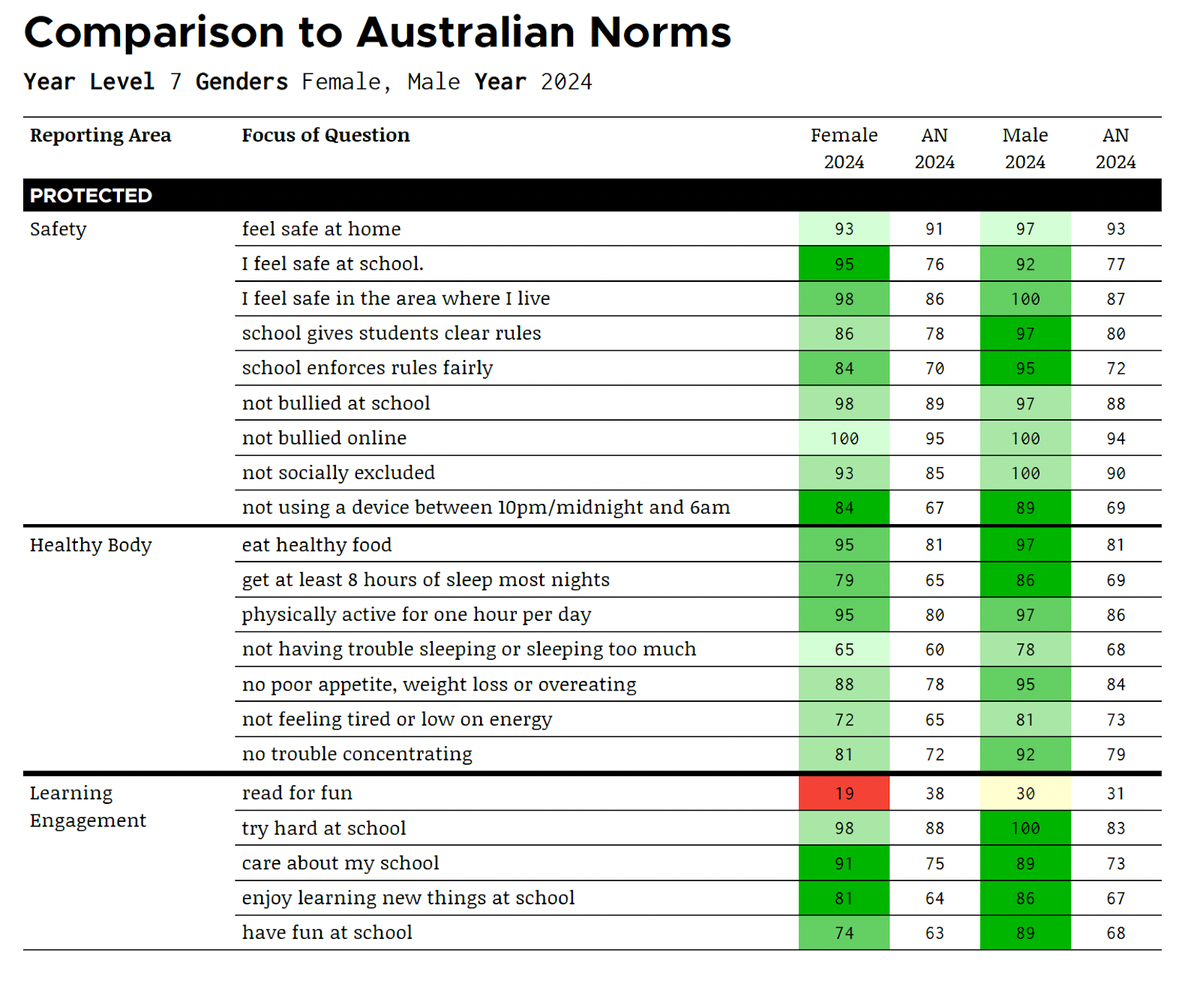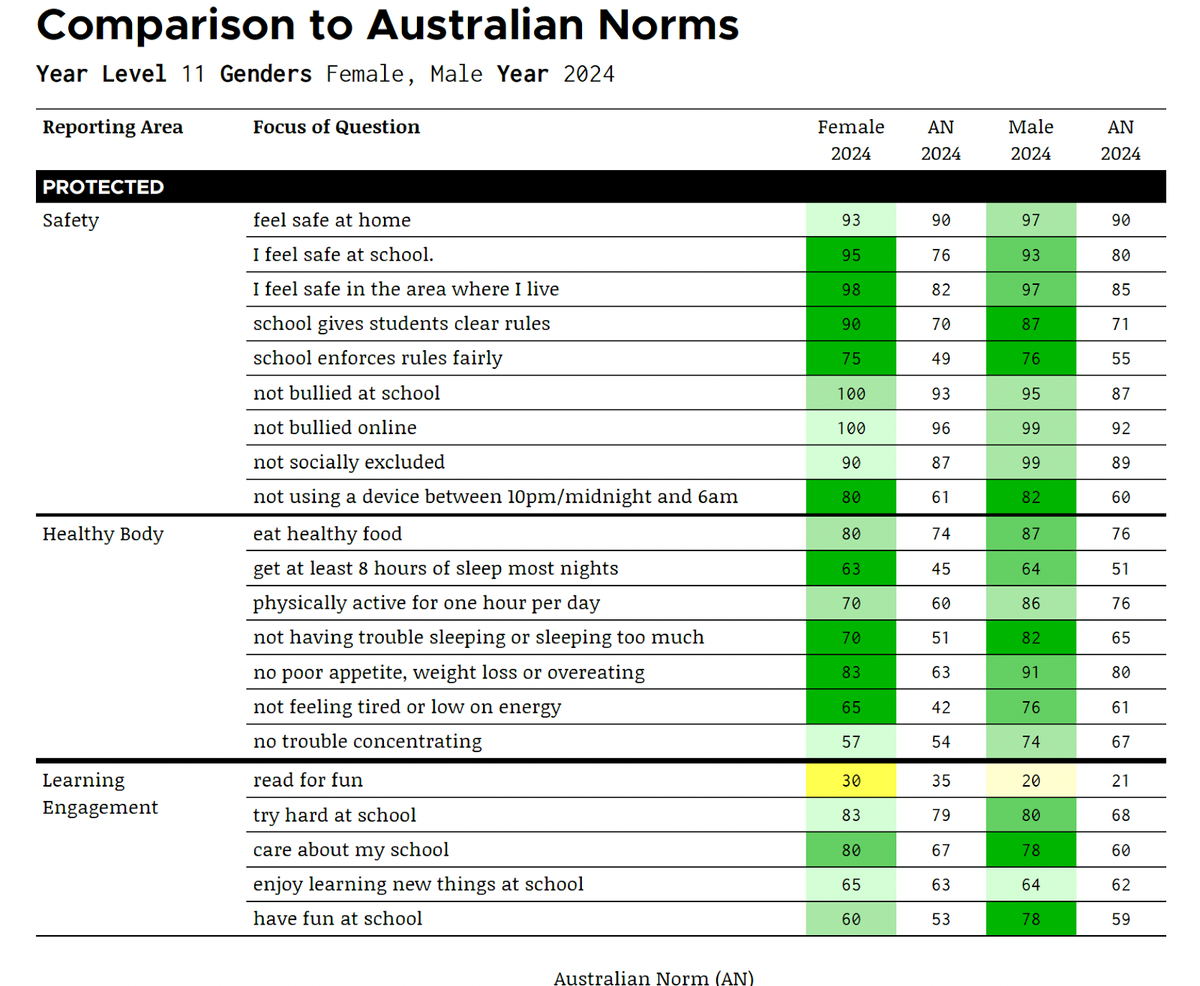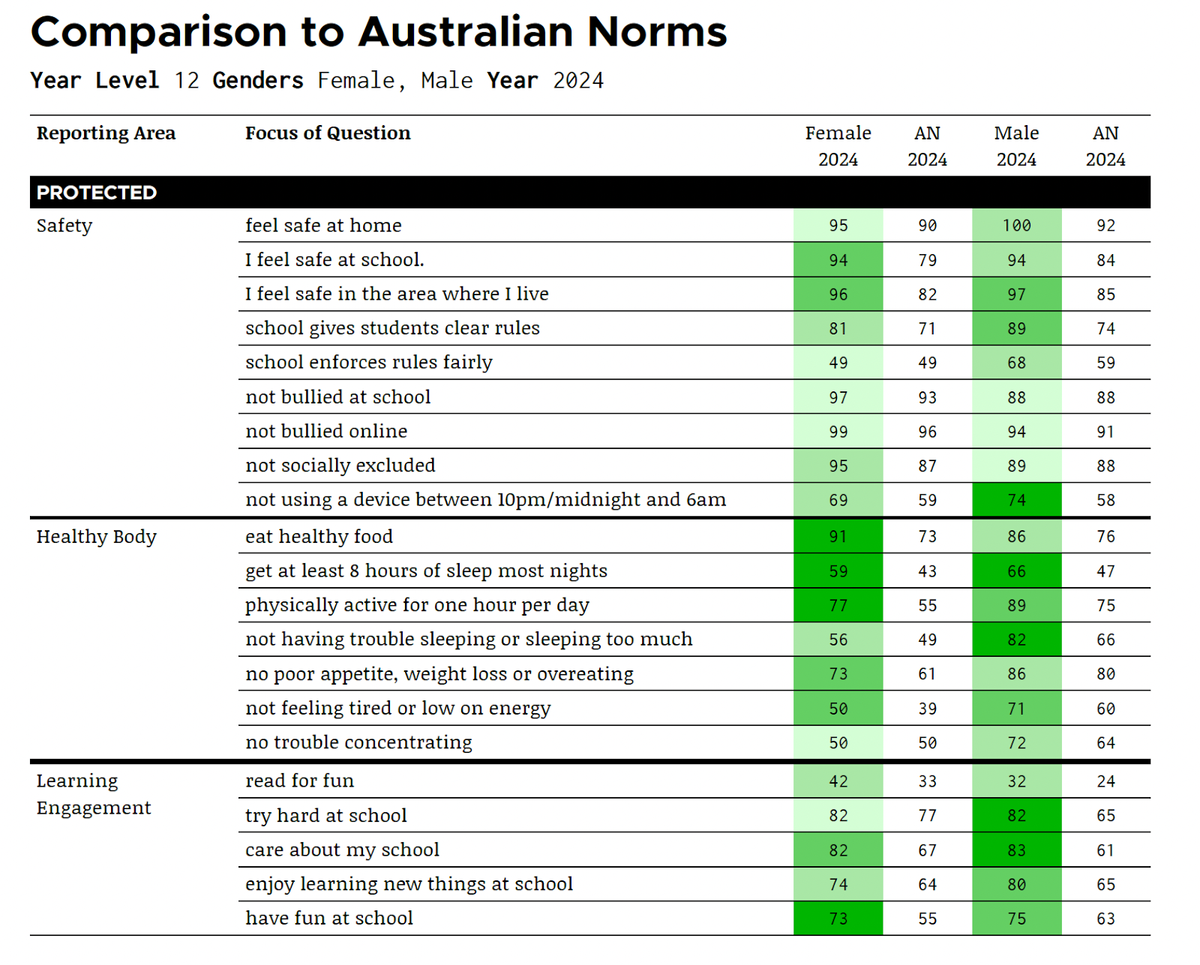From the Dean of College
Mr Jon Cullerton

From the Dean of College
Mr Jon Cullerton
The NSW Education Act requires schools to report on Student Attendance and schools are required to make all necessary attempts to ensure students enrolled at school are accounted for at all times.
When students are absent from school the College takes the following steps.
1. The student is marked absent from homeroom – which then automatically marks them absent for the rest of their classes until the student arrives at school.
2. Each period the roll is marked by class teachers to ensure all students are accounted for across the day and rolls were correctly marked in homeroom.
3. At 10am the College office sends out an automated text message (sms) to parents of students who have been marked absent for the day.
4. If absences remain unexplained on our system automated emails are sent at the end of every week to remind families to explain these absences via Compass or by contacting the office.
5. Pastoral (homeroom) teachers may make contact home if a student is away for three or more consecutive days (even if the absence is explained) to complete a welfare check and assist within any school related catch-up if required.
Parents can assist us in ensuring that all absences are explained through the Compass app, website or by contacting the office via phone (02 8522 1500) or email (info@stalscronulla.catholic.edu.au). Once 7 days have passed absences will need to be explained by contacting the office or returning an automated or homeroom teacher’s email with an explanation for the absence.
If a student is required to leave the school premise early parental permission needs to be provided. This can be in the form of a hand written and signed note, and entry on Compass or a phone call to the College office.
In any of these forms we ask parents to include how the student is leaving the College. For example, are they being picked up by a parent, walking home or to the appointment, driving etc. This greatly assists our office staff and will prevent any unnecessary phone calls to yourselves to check on how the student will be departing the College.
If students are bringing a hand written note they are to find their Leader of Wellbeing in the morning to have the note signed. If students present to the office without the note being signed they will be sent to find their Leader of Wellbeing or a College executive member to sign the note. This is to ensure the validity of the note and ensure our duty of care is being discharged. Upon occasion a staff member may ring home to ensure the validity of a note to be excused from the College – this is not a reflection upon any student or family but rather our staff doing their due diligence ensuring the safety of all our students.
As mentioned last newsletter lateness has increased over the past few months. School starts at 8:35am every day and students are expected to be on site prior to this bell. The gates are locked at 8:35am and students will need to present through the College office.
We understand that sometimes lateness is unavoidable but we ask that parents explain these late arrivals via Compass or by contacting the office. Normal traffic and parking issues however are not acceptable excuses for arriving late to school.
We have set up a new automated procedure on Compass where unexplained or unacceptable lateness will be logged and these will accumulate over each fortnight. If students are late more than once each fortnight they will receive an afternoon 30 minute detention. Students will complete school work or community service during this time.
While we are aware that some appointments are necessary to make in school time (specialists for example) other appointments such as physio or dental should be made outside school hours. This includes during Thursday sport which is a mandatory part of a student’s educational hours.
The SCS Leave Policy states that any student requiring 5 or more consecutive days of leave for travel or other reasons needs to inform the College PRIOR to this leave occurring. This is not about families getting permission to go on a holiday but rather to allow the school to assess the impact of the leave on a student’s education and to seek ways to assist the student and family.
Families are reminded that if assessments are scheduled that travel is not an acceptable excuse for missing an assessment and a zero mark will be recorded for missed assessments because of a holiday.


Resilience and wellbeing are key factors to ensure a happy and fulfilling future for our young people.
We are proud to partner with The Resilience Project to assist our students in their wellbeing journey. In order to gain an accurate understanding of our students’ strengths and challenges, we have been conducting a resilience survey developed by Resilient Youth Australia and the University of South Australia. In recent years, they have surveyed more than 500,000 Australian school students.
We have administered the Resilience Survey this year online in pastoral class time. Students typically took 30-40 minutes to complete the survey.
The data from the survey will be reported in aggregate descriptive form only, by year level and gender, and no individual student responses can be identified.
The Resilience Survey is completely voluntary and anonymous. The survey will provide valuable information to assist us to create and maintain the best culture of wellbeing and resilience that we can.
We look forward to sharing some of this valuable data with you in newsletters over the coming weeks.
Today’s second set of data speaks about being protected:
Below are three snapshots of this area, one for each grade (7, 11, 12). The data is very positive and speaks to the strength of our local community and generally how safe and happy our cohorts of students are. One area did stand out which was “Reading for Fun” which was below the average norms in Years 7 and 11. The Australian norm itself is a worryingly low number but to be below this we as a community are looking at ways to improve this. Reading for enjoyment is a proven indicator for academic success and we need to work together in supporting our young people in engaging more with a variety of wide reading.





